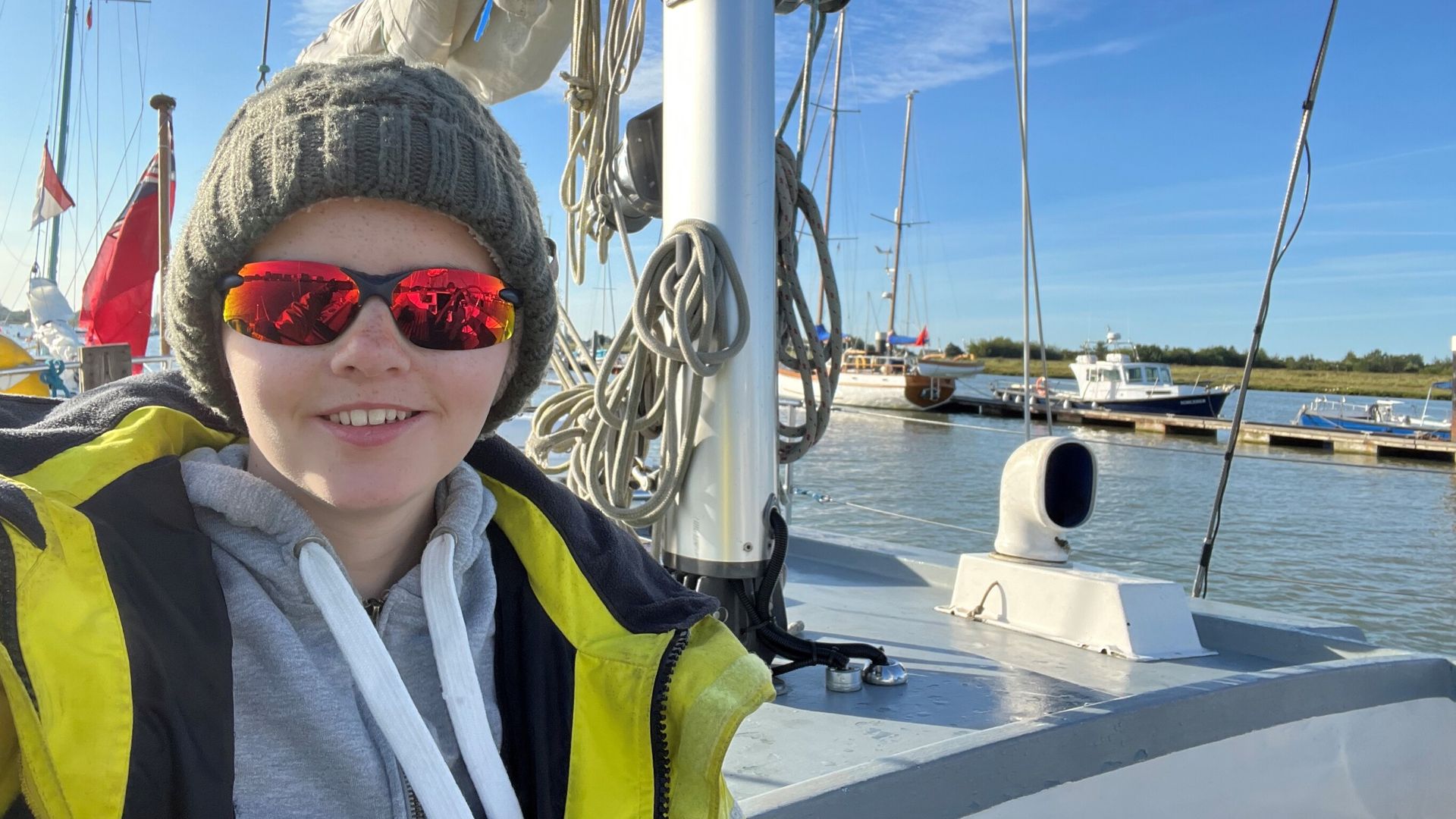A 17-year-old has become the first teenager in the UK to receive a “bladder pacemaker”.
Jenny Allan, from Thanet in Kent, has a rare condition which means she is unable to pass urine and had to self-catheterise at least six times a day.
But the treatment – known as bladder neuromodulation – has enabled her to have a “whole new freedom”.
It is the first time the procedure has been offered to children and teenagers, having been available to adults with bladder conditions for more than 20 years.
“I’m a very outdoorsy person and will be studying ecology at university in September, and hope to get a job in that field,” Jenny said.
“If I’m lucky I could end up trekking through a rainforest or counting penguins in the Antarctic.
“This operation has meant that I won’t need to self-catheterise six times a day. Doing so is quite difficult even on a day hike in the Kent Downs where there aren’t toilet facilities every few hours, let alone in the middle of a rainforest or up a mountain.
“The operation has allowed me to have a whole new freedom and be able to do what I want in my life.”
During the operation, an electrical stimulator device – similar to a pacemaker, is surgically implanted into a patient’s lower back.
The device sends electrical impulses to prevent incorrect or unwanted nerve messages going to the bladder.
Read more from Sky News:
Houthis target Israeli city of Eilat
Couple found dead after trying to cross Atlantic
Biden withdraws from 2024 US presidential race
This includes messages that cause urinary incontinence or a person not being able to empty their bladder without a catheter.
Jenny, who has a condition similar to Fowler’s syndrome – a rare condition that typically causes urinary retention in young women – had the procedure at Evelina London Children’s Hospital.
The clinic will offer the procedure to other young people with rare bladder conditions who have not responded to standard treatment.
Keep up with all the latest news from the UK and around the world by following Sky News
On being the first teenager to have the operation in the UK, Jenny added: “It’s quite cool… I’m loving my new-found freedom of not being reliant on carrying catheters with me all day.”
Arash Taghizadeh, consultant paediatric urologist and lead for the bladder neuromodulation service at Evelina London, said: “It’s great that we’re able to offer [bladder neuromodulation] to children and young people to improve their symptoms, giving them greater independence over their daily lives.”
Barbara Kasumu, executive director of Evelina London Children’s Charity, added that the organisation is “proud” to have funded the service.




